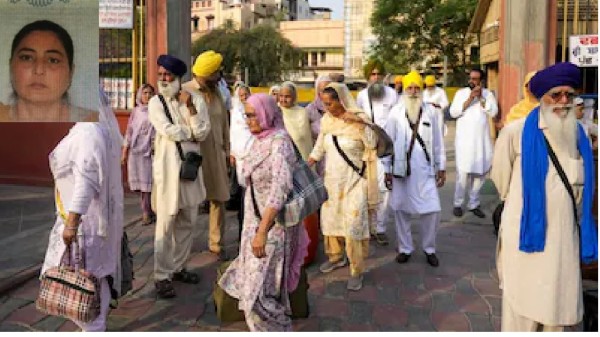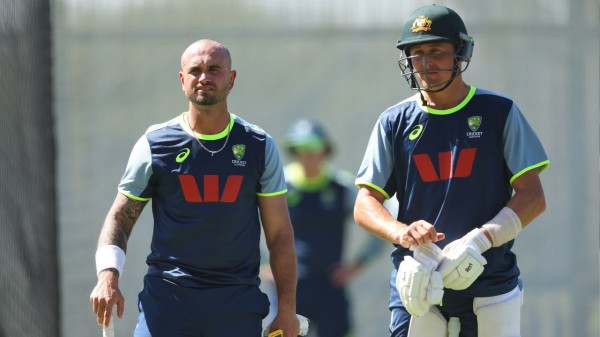

By signing in or creating an account, you agree with Associated Broadcasting Company's Terms & Conditions and Privacy Policy.


By signing in or creating an account, you agree with Associated Broadcasting Company's Terms & Conditions and Privacy Policy.

New Delhi: The Supreme Court has urged women who are childless and those without husbands to make a will, to avoid disputes regarding their properties and assets, between their parents and in-laws. The court referred to the Hindu Succession Act 1956, and said that the Parliament at the time would not have thought that women would have self-acquired property. The court however said that the progress that women have made over the decades cannot be underestimated.
The court in its ruling said, "Education, employment and entrepreneurship of women in this country including Hindu women has led to their acquiring self-acquired property. If such self-acquired properties are to be succeeded only by the heirs of the husband if a female Hindu dies intestate in the absence of having sons, daughters and husband, possibly it may cause heartburn so far as the maternal family is concerned."
The court said that so far there are no rulings regarding this matter. A bench of Justices B V Nagarathna and R Mahadeva was hearing a Public Interest Litigation (PIL) filed by a woman advocate. She had challenged Section 15(1)(b) of the Hindu Succession Act, 1956.
The section provides that if a woman dies intestate, her property goes to her husband's relatives before her own parents. The court said that if a woman who does not have a son, daughter or husband, dies without making a will, according to the present provisions of the law, her property automatically passes on to her husband's heirs. This, the court said might cause heartburn in her maternal family.
According to Section 15(1)(b) of the Act, when a Hindu woman dies intestate, her property devolves to her husband's heirs first before her own parents.
Advocate Snidha Mehra challenged the provision in court arguing that, "this provision was arbitrary and violative of Articles 14, 15 and 21 of the Constitution and needs to be struck down."
Reacting to her argument, the bench said, "We appeal to all women and particularly all Hindu women irrespective of their age who are likely to be in position of Section 15(1) of the Hindu Succession Act, 1956 to take immediate steps to make a testament or will bequeathing their properties including their self-acquired properties in accordance with section 30 of the Hindu Succession Act read with the provisions of the Indian Succession Act."
The bench said that this should be done in order to not only safeguard the interest of women of the country in general, but also the interest of Hindu women in particular. Making a will bequeathing their properties would also help avoid litigation in future, the bench observed.
However, the Central government, represented by Additional Solicitor General K M Nataraj, opposed the PIL petition. He said that such a plea should be raised by affected parties and cannot be taken up by the petitioner.
The court also observed that in case a Hindu female dies without making a will, and her parents or their heirs claim the property, the parties must go through pre-litigation mediation, before filing a case in court.












